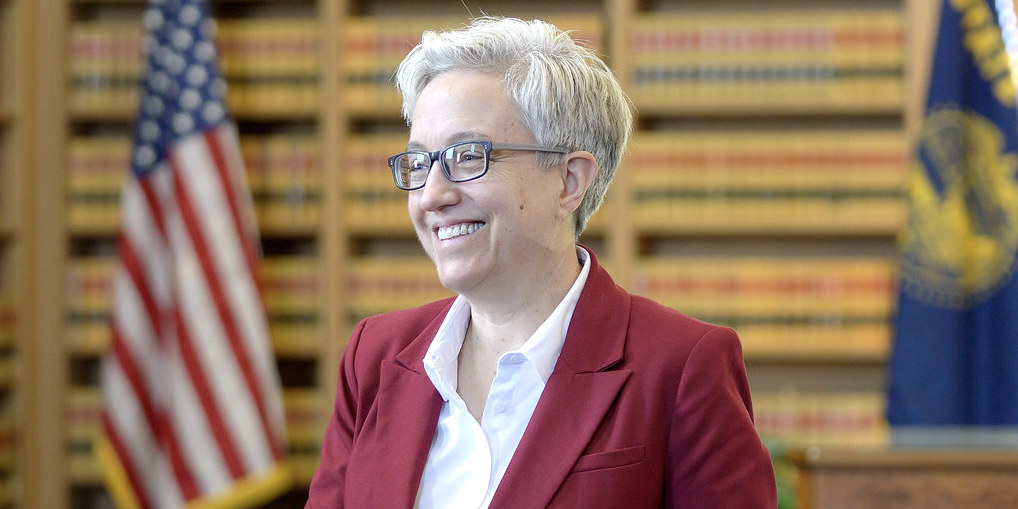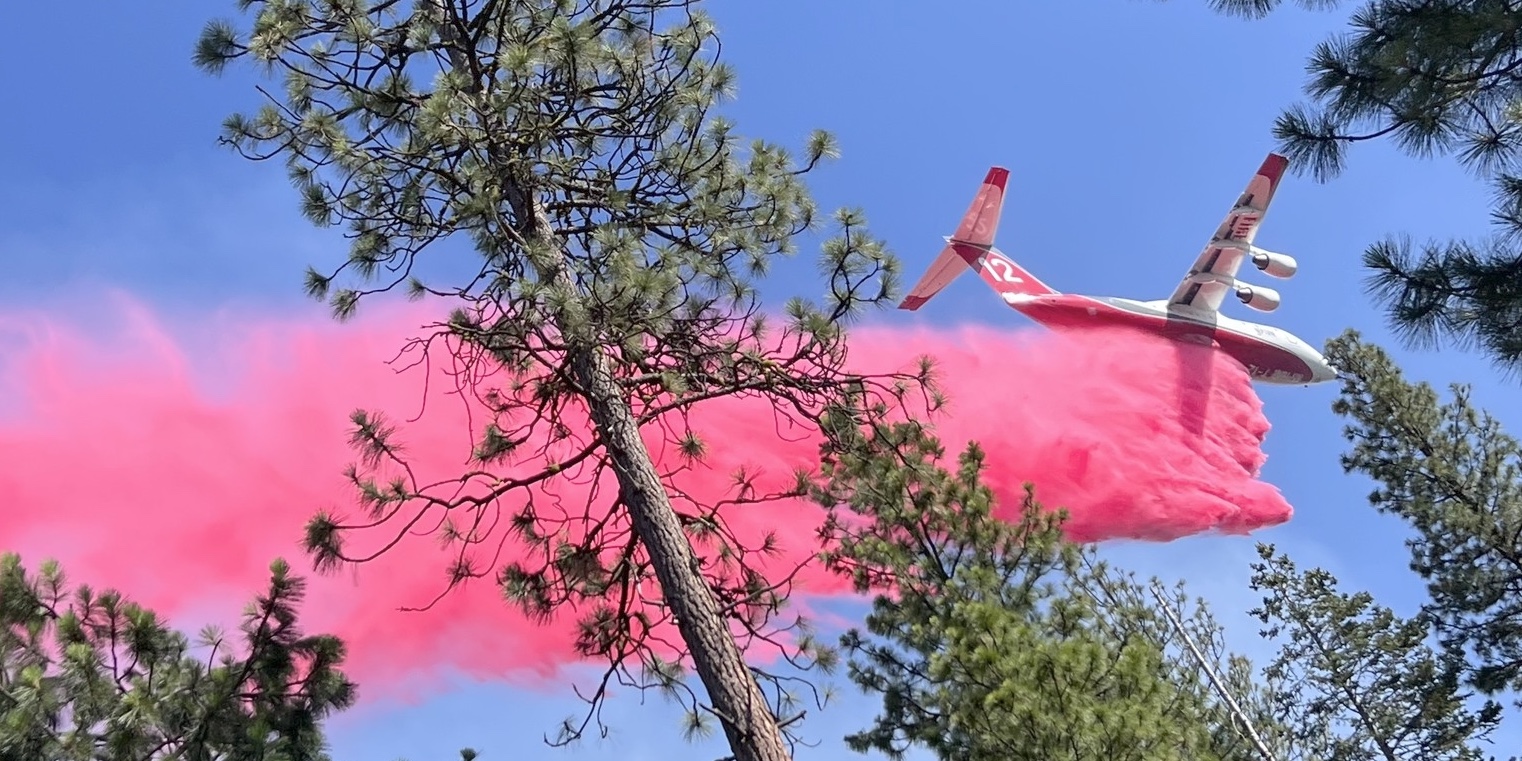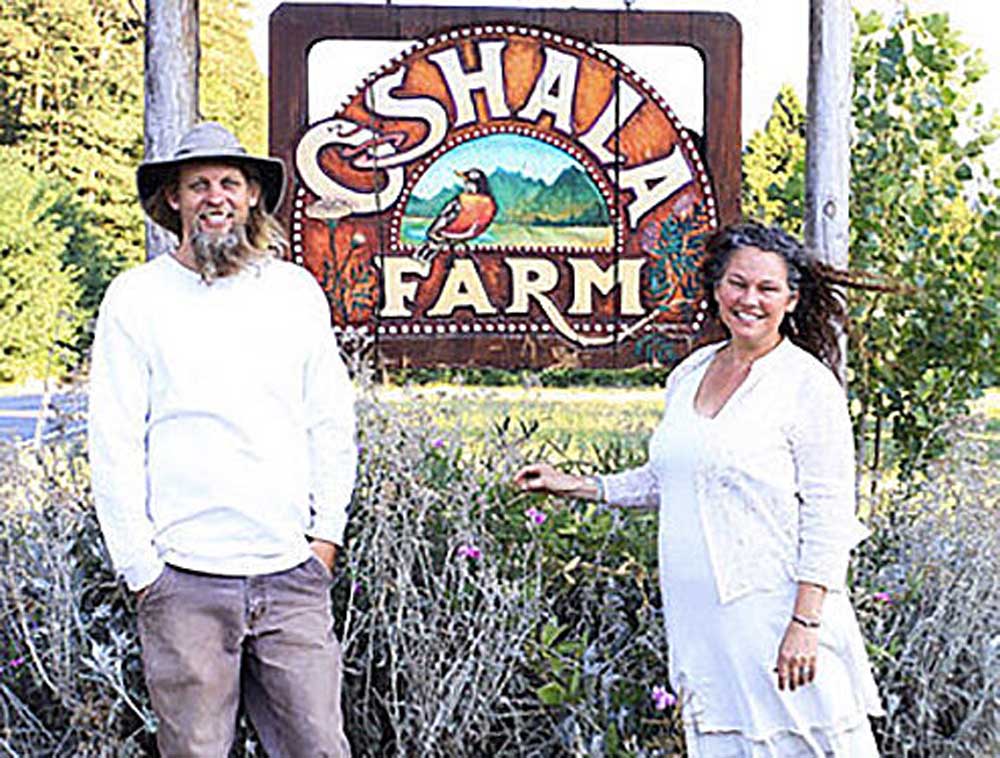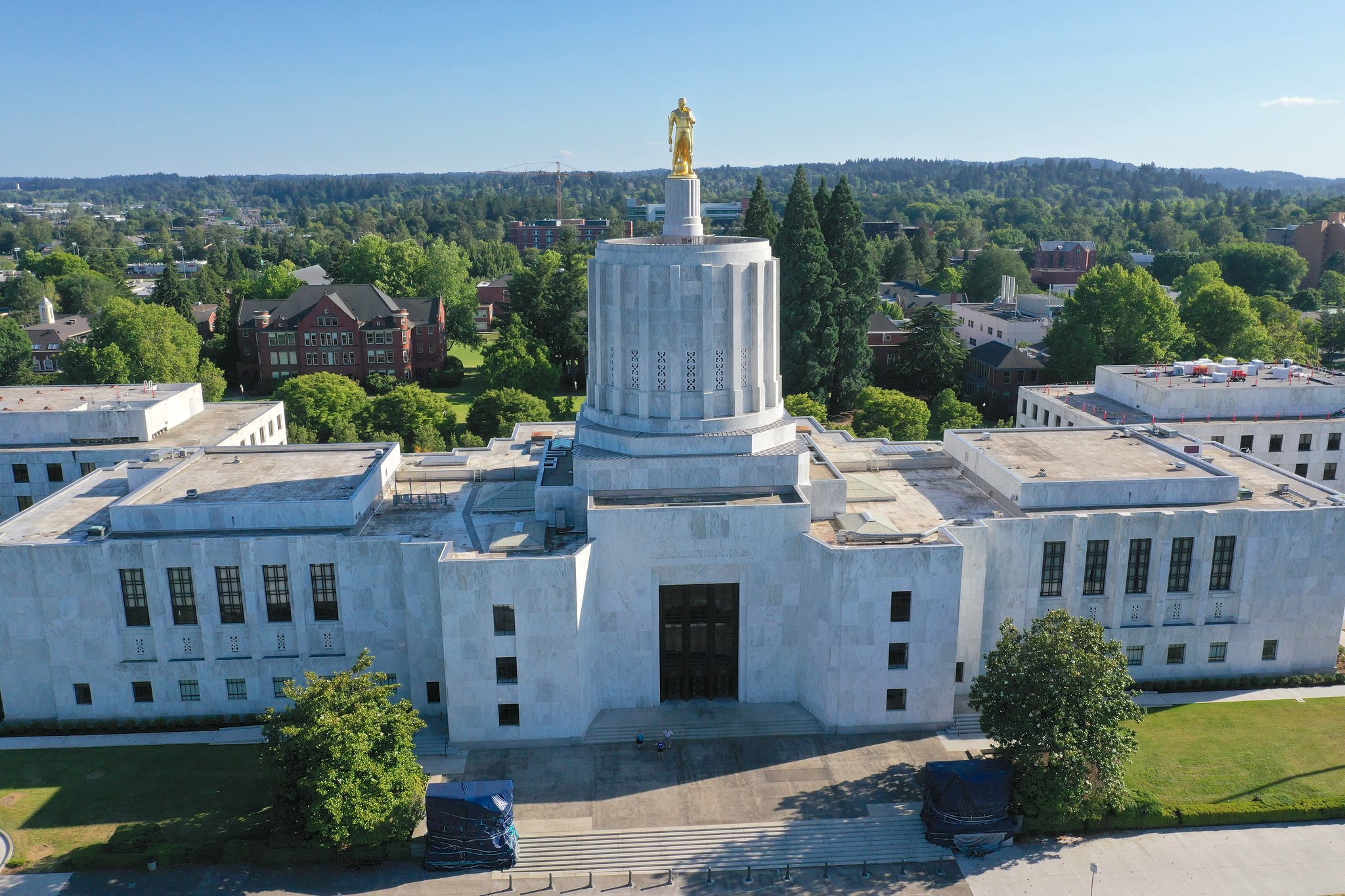Voters reject North Plains expansion but its effect under Oregon law disputed
Published 3:30 pm Wednesday, May 22, 2024
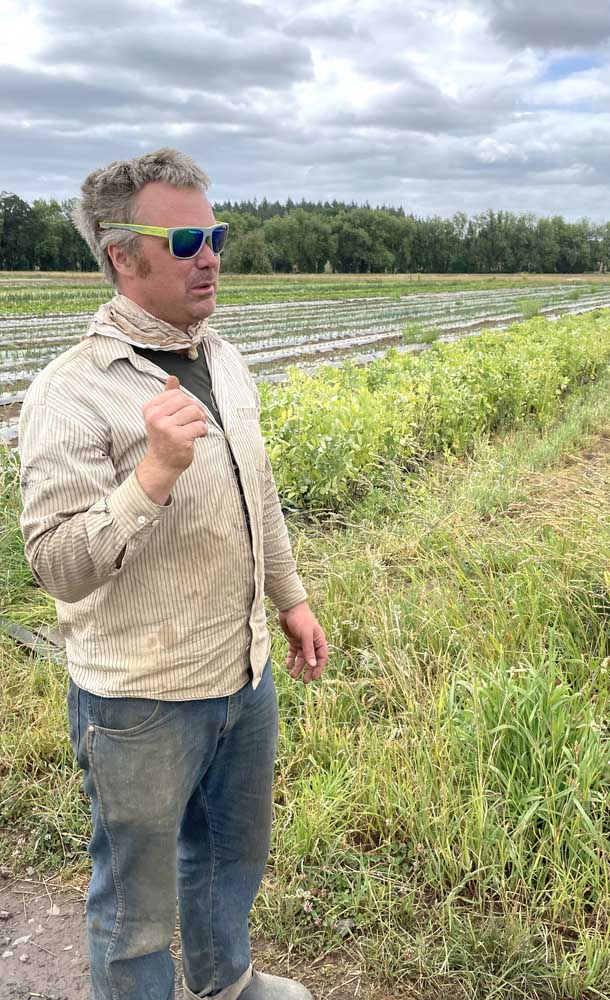
- Aaron Nichols, a vegetable farmer near North Plains, Ore., is among the opponents of the city’s urban growth boundary expansion. The UGB plan was rejected by voters but the referendum’s legal effect remains disputed.
Opponents of an expansive addition to the Oregon town of North Plains have won an election but anticipate a court battle over the referendum’s legal effect.
Trending
Though more than 70% of voters have rejected a plan to double the city’s urban growth boundary, lawmakers prohibited ballot initiatives over such UGB increases earlier this year.
A lawsuit over the constitutionality of that legislation is already underway, however, and the ballot initiative may be subject to further legal actions while political debate over the city’s UGB decision persists.
“If the city council wishes to pursue the legal avenue, that is their right but they are accountable to the voters in the end, no matter what a judge decides on this case,” said Aaron Nichols, a local farmer who opposes the UGB expansion.
Trending
City officials could decide to file their own lawsuit attempting to nullify the referendum’s effect, but they may face electoral challenges from candidates who object to the 855-acre UGB addition, said Nellie McAdams, a member of Friends of North Plains Smart Growth, which opposes the expansion.
“It’s very clear their constituents are not happy with the plan as created,” McAdams said. “Through the organizing effort, there are those who want to take up a leadership role and take the city in a new direction.”
After lawmakers prohibited referenda over UGB expansions in March, city officials tried to withdraw the North Plains ballot initiative but a judge allowed the May 21 referendum to proceed.
The “core issue” remaining in that case is the constitutional question of whether UGB decisions can be referred to the ballot, said Jesse Buss, the attorney representing expansion opponents.
Even if the city doesn’t file a legal action seeking to block the referendum’s effect, such cases can still be filed by affected landowners who want to be added to the UGB, Buss said.
“This is a procedurally complex case,” he said, adding that any new lawsuits will likely be consolidated with the original litigation. “There’s no reason to have multiple cases not moving in concert with each other.”
The judge’s ruling on the constitutional issue will also likely be challenged before the Oregon Court of Appeals, eventually resulting in a statewide precedent, Buss said.
Teri Lenahan, mayor of North Plains, didn’t directly address the possibility of legal action but said the city council will meet with residents about its “obligations under state law” and future plans.
Land use planning is complex and cannot be “simplified to a yes/no vote,” which is why lawmakers have precluded such ballot initiatives, Lenahan said in an emailed statement.
“Oregon’s renowned land use planning system is designed to strike a careful balance,” she said. “It aims to ensure that cities have a prescribed process to follow to meet housing and employment requirements while thoroughly considering the technical, legal, economic and public participation requirements.”
Andy Varner, the city manager, said the election results are still being considered and “no legal activity discussions have occurred.”
Critics of the UGB ballot initiative claim the referendum undermines the state’s regular legal processes for land use decisions, which can already be challenged before the Land Use Board of Appeals and the Court of Appeals.
Lawmakers passed House Bill 4026, which bans such ballot initiatives, with strong bipartisan majorities in the House and Senate during the 2024 legislative session. However, supporters of the North Plains referendum argue the bill isn’t valid because the right to such ballot initiatives can only be altered or eliminated with a constitutional amendment.
They claim UGB expansions would be referred to voters only in rare and extreme cases, as evidenced by the North Plains ballot initiative being the first such referendum in a half-century of statewide land use planning.
The Friends of North Plains Smart Growth organization doesn’t oppose all development but prefers the city increase its density within the UGB rather than sprawl onto valuable farmland, said McAdams.
“There are a lot of other ways we can build affordable housing and support our economy,” she said.


